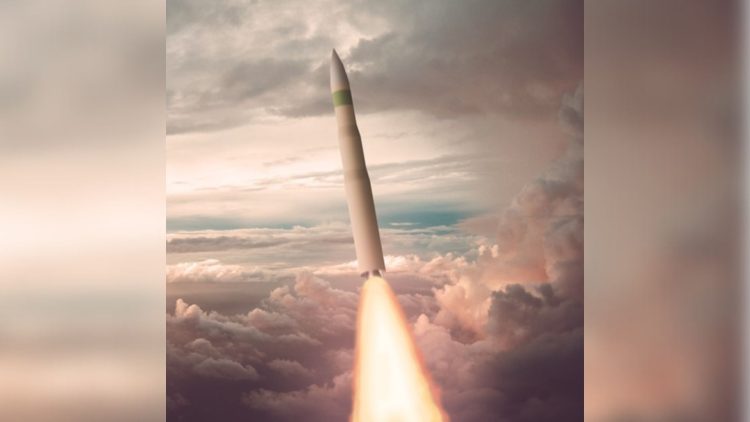This breach highlights potential mismanagement and raises serious concerns about the program’s financial trajectory.
The 81 percent cost increase is staggering (around $140.9 billion) compared to the previous estimates done in September 2020, casting doubt on the initial cost estimations and program oversight.
While William A. LaPlante, Undersecretary of Defense for Acquisition and Sustainment, acknowledges the cost concerns, the lack of a clear explanation for the overrun is unsettling.
Was it due to underestimation of technical challenges, poor contract negotiations, or unforeseen logistical hurdles? Transparency is crucial in rebuilding trust with Congress and the American public.
“We fully appreciate the magnitude of the costs, but we also understand the risks of not modernizing our nuclear forces and of not addressing the very real threats we confront,” said LaPlante at a Defense media event earlier this week.
The Road Ahead: Restructuring and Delays – A Balancing Act with Uncertain Outcomes
The Pentagon acknowledges the need for restructuring to control costs.
However, this will likely lead to delays, potentially weakening deterrence capabilities in the interim.
The burden falls on the Air Force to develop a plan that balances cost-effectiveness with maintaining a credible deterrent force using the existing Minuteman III fleet.
Extending the lifespan of these aging missiles further might become necessary, but this approach carries its own risks.
The delicate balance between cost savings and ensuring a functional deterrent force demands careful consideration and a clear communication strategy to manage public and congressional anxieties.
Beyond Restructuring: Exploring Alternatives and Fostering International Cooperation
The exorbitant cost of the Sentinel program raises the question of whether alternative options exist.
Can advancements in submarine-launched ballistic missiles or strategic bombers compensate for a modernized land-based leg?
Renewed focus on arms control treaties and international cooperation in nuclear non-proliferation could potentially reduce the overall reliance on nuclear weapons, leading to long-term cost savings.
NEWS: Sentinel Land-Based Nuclear Modernization Program Will Continue, With Changeshttps://t.co/PsM9aTm0F9
— Department of Defense 🇺🇸 (@DeptofDefense) July 10, 2024
Conclusion: A Crossroads for National Security and Fiscal Responsibility
The Sentinel program’s continuation prioritizes modernization but at a hefty price.
The restructuring holds promise for improved cost control, but delays pose a risk. Moreover, the success of this program hinges on the Air Force’s ability to effectively manage these competing priorities.
Transparency regarding cost overruns, a clear restructuring plan with realistic timelines, and a willingness to explore alternative solutions are crucial to ensuring responsible stewardship of taxpayer dollars while safeguarding national security.
The Sentinel program stands at a crossroads, and the path it takes will have significant ramifications for the future of the US nuclear deterrence strategy.
—
Disclaimer: SOFREP utilizes AI for image generation and article research. Occasionally, it’s like handing a chimpanzee the keys to your liquor cabinet. It’s not always perfect and if a mistake is made, we own up to it full stop. In a world where information comes at us in tidal waves, it is an important tool that helps us sift through the brass for live rounds.










COMMENTS